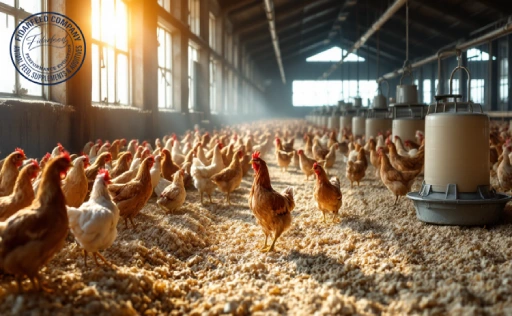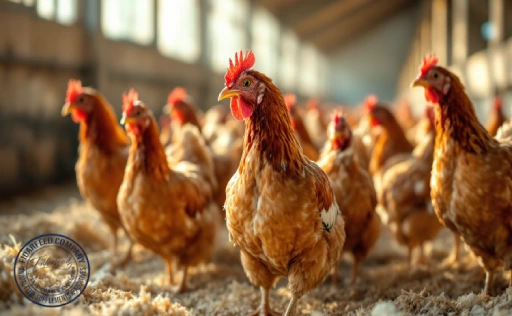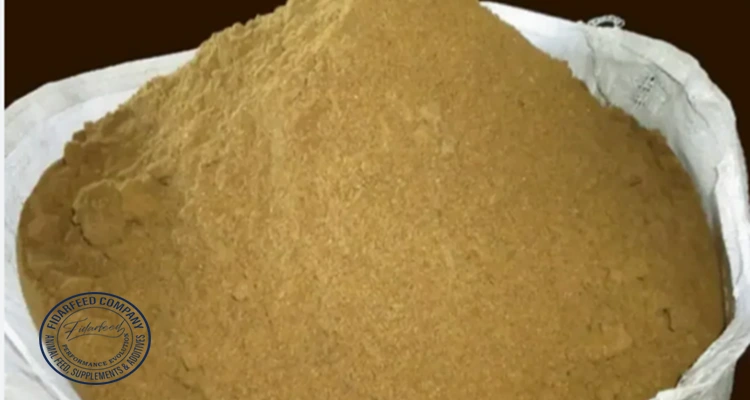
Processed Meat Meal Supplier selection is more than a transaction; it’s a cornerstone of animal feed success. Whether you’re raising poultry, livestock, or aquaculture species, the nutritional integrity of your feed program depends heavily on the source and quality of your ingredients. This guide will walk you through the essentials of choosing the right supplier, understanding meat meal production, and ensuring your animals get the nutrients they need for optimal performance. If you’re ready to improve the efficiency, safety, and sustainability of your feeding strategy, keep reading.
Why Choosing the Right Processed Meat Meal Supplier Matters
The animal feed industry thrives on trust and consistency. A high-quality processed meat meal supplier plays a vital role in ensuring that your feed delivers reliable nutrition every time.
Learn more about: Processed Meat Meal
When you work with a reputable supplier, you’re not just buying an ingredient — you’re investing in the health of your animals, the productivity of your farm, and the profitability of your operation. Inconsistent or low-grade meat meal can lead to poor feed conversion, slow growth, or even serious health concerns. Choosing wisely from the start can prevent costly mistakes down the line.
What Is Processed Meat Meal and How Is It Made?
Processed meat meal is a high-protein feed ingredient derived from the rendering of clean animal tissues — typically excluding blood, hair, hooves, and stomach contents. The process involves cooking raw materials under high heat to remove moisture and fat, then grinding the remaining solids into a fine, uniform powder.
Learn more about: Optimizing Poultry Diets: Processed Meat Meal in Animal Feed for Enhanced Protein
This powder becomes a nutrient-rich ingredient packed with essential amino acids, minerals like calcium and phosphorus, and digestible protein. Because it is concentrated and shelf-stable, meat meal is a staple in many feed rations for poultry, ruminants, pets, and even fish.
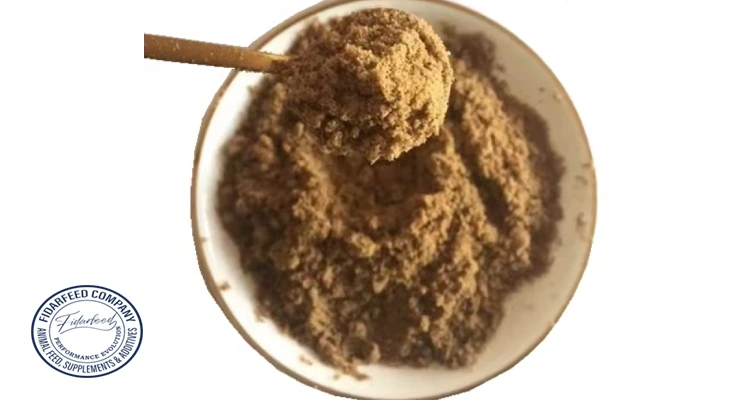
Key Qualities of a Reliable Processed Meat Meal Supplier
A good supplier does more than just deliver product. They offer transparency, consistency, and quality assurance. Look for suppliers who provide detailed nutritional analyses, proof of certification (such as ISO or HACCP), and consistent particle size and moisture content.
Learn more about: Meat Meal vs. Soybean Meal: Unlocking Superior Nutritional Benefits for Broiler Chicks
Ask about their sourcing methods and whether they test for pathogens or contaminants. Reliable suppliers often have dedicated quality control labs and traceability systems in place to ensure every batch meets safety and nutritional standards.
Benefits of Using High-Quality Processed Meat Meal in Animal Feed
When processed meat meal is sourced and manufactured to high standards, the benefits are remarkable. Animals gain weight faster, convert feed more efficiently, and show improved immune responses. For example, studies show that balanced inclusion of meat meal in poultry diets can significantly enhance growth rates without increasing feed costs.
Learn more about: Meat Meal in Animal Feed: What It Is, How It’s Made, and Why It Matters
Additionally, its rich mineral content helps reduce the need for synthetic supplements. The result? Healthier animals, better productivity, and lower overall feed expenses.
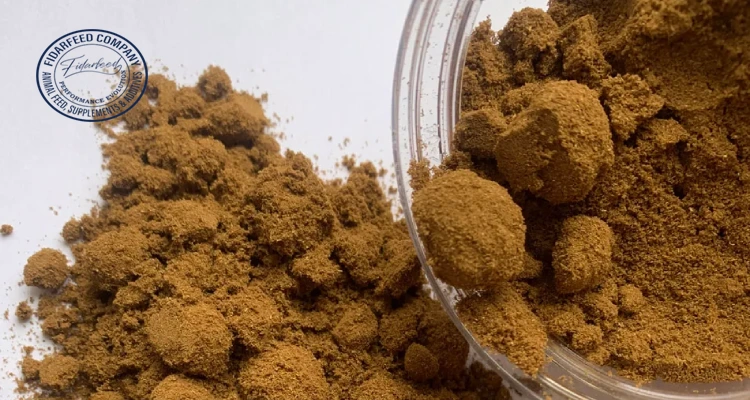
Risks of Low-Quality Suppliers: What Breeders Must Know
On the other hand, sourcing meat meal from unverified or inconsistent suppliers can lead to nutritional gaps, health issues, and even disease outbreaks.
Learn more about: Boost Your Poultry’s Growth with Sustainable, High-Quality Processed Meat Meal
Contaminants such as salmonella, heavy metals, or poorly processed protein can compromise your entire feed batch. Some low-cost meat meals may also contain high levels of ash or indigestible material, offering little nutritional value. These hidden risks can silently affect your animals and severely impact your farm’s bottom line.
How to Evaluate a Processed Meat Meal Supplier for Your Farm
Before committing to a supplier, take a proactive approach. Ask for product samples and test them independently if possible. Review the nutrient profile and compare it to your animals’ specific dietary needs.
Learn more about: Meat and Bone Meal for Poultry: Affordable Alternative to Soybean Meal
Check for consistency across multiple batches and inspect the packaging for signs of moisture, mold, or contamination. Communicate openly — a transparent supplier should be willing to answer questions about sourcing, processing, and delivery timelines. Don’t be afraid to walk away if the answers don’t meet your standards.
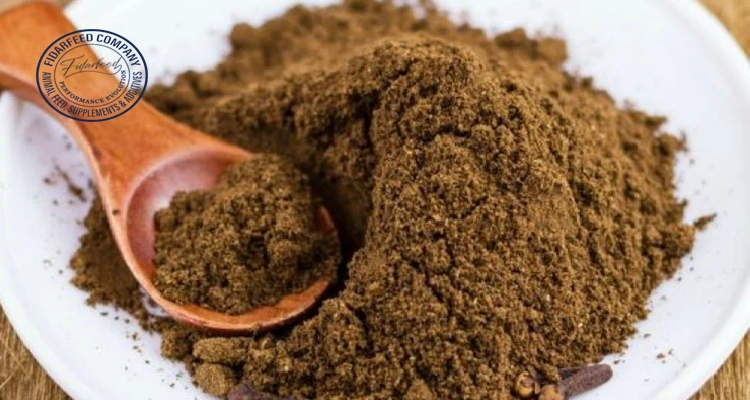
Sustainable and Ethical Sourcing: What It Means for Animal Breeders
Today’s breeders are not just concerned with nutrition — they care about sustainability and ethics too. A responsible processed meat meal supplier prioritizes humane sourcing, waste reduction, and minimal environmental impact. For instance, many modern rendering plants utilize closed-loop systems to recycle water and energy.
Learn more about: Understanding Chicken Feed Stages: A Complete Guide for Poultry Farmers
By choosing suppliers who follow ethical and environmentally friendly practices, breeders contribute to a more sustainable feed industry — one that aligns with consumer expectations and long-term viability.
Tips for Building a Long-Term Relationship with Your Supplier
Like any good partnership, the relationship between breeder and supplier thrives on communication, reliability, and mutual respect. Provide feedback on each delivery, discuss performance outcomes, and stay in touch about evolving needs. Long-term relationships often come with perks like better pricing, priority delivery, and customized blends. A trustworthy supplier becomes an extension of your own operation — someone invested in your animals’ success as much as you are.

Final Thoughts: Finding the Best Processed Meat Meal Supplier for Success
Choosing the right processed meat meal supplier isn’t just about price or proximity — it’s about trust, performance, and shared values. High-quality ingredients are the foundation of every successful animal feed program, and your supplier should be a partner in that mission. By evaluating your options carefully, asking the right questions, and prioritizing quality over cost-cutting, you set your farm up for long-term success.
If you found this guide useful, feel free to share your thoughts, leave a comment, or ask any questions below. Your input helps grow a stronger, more informed animal breeding community.

